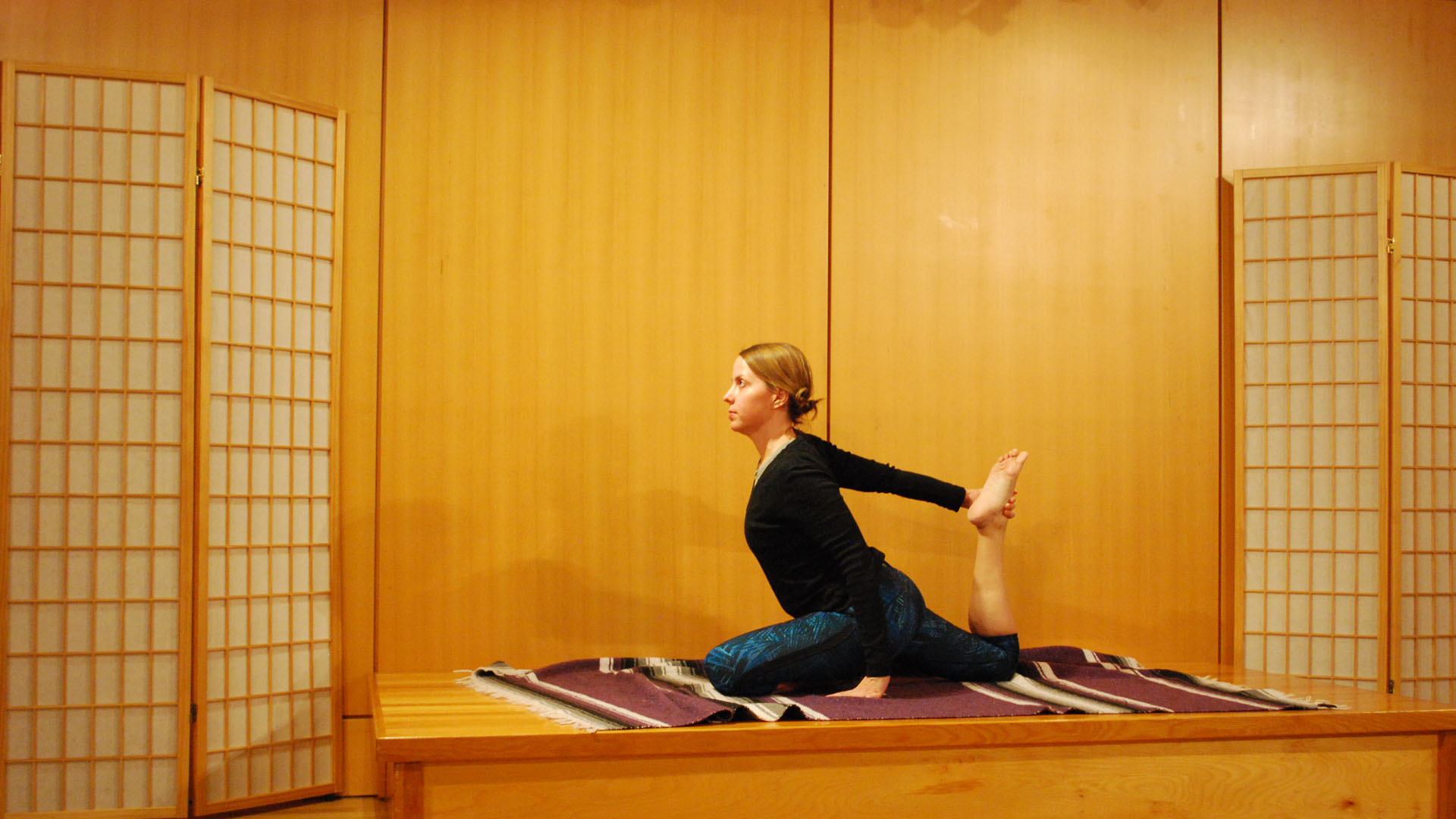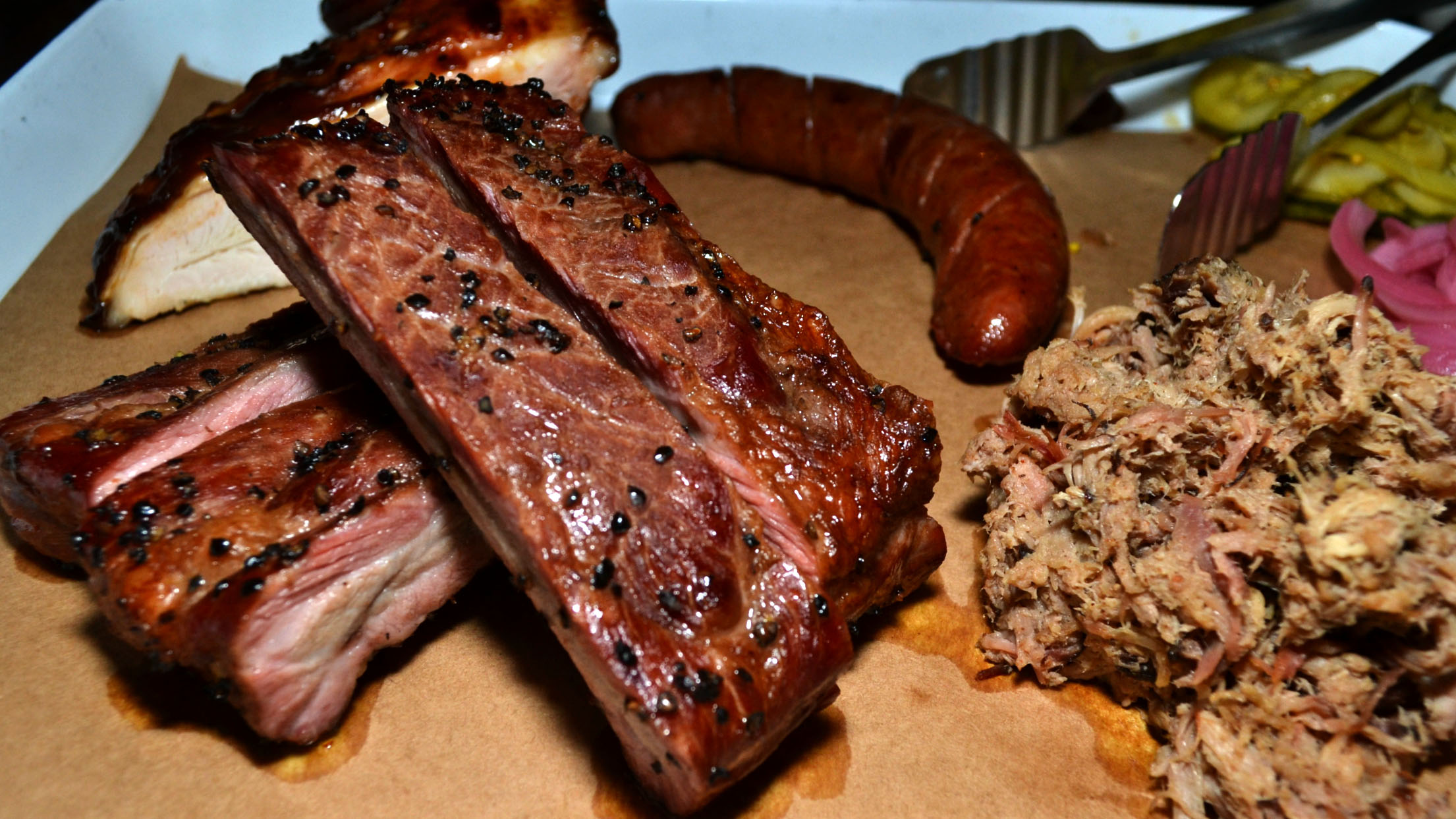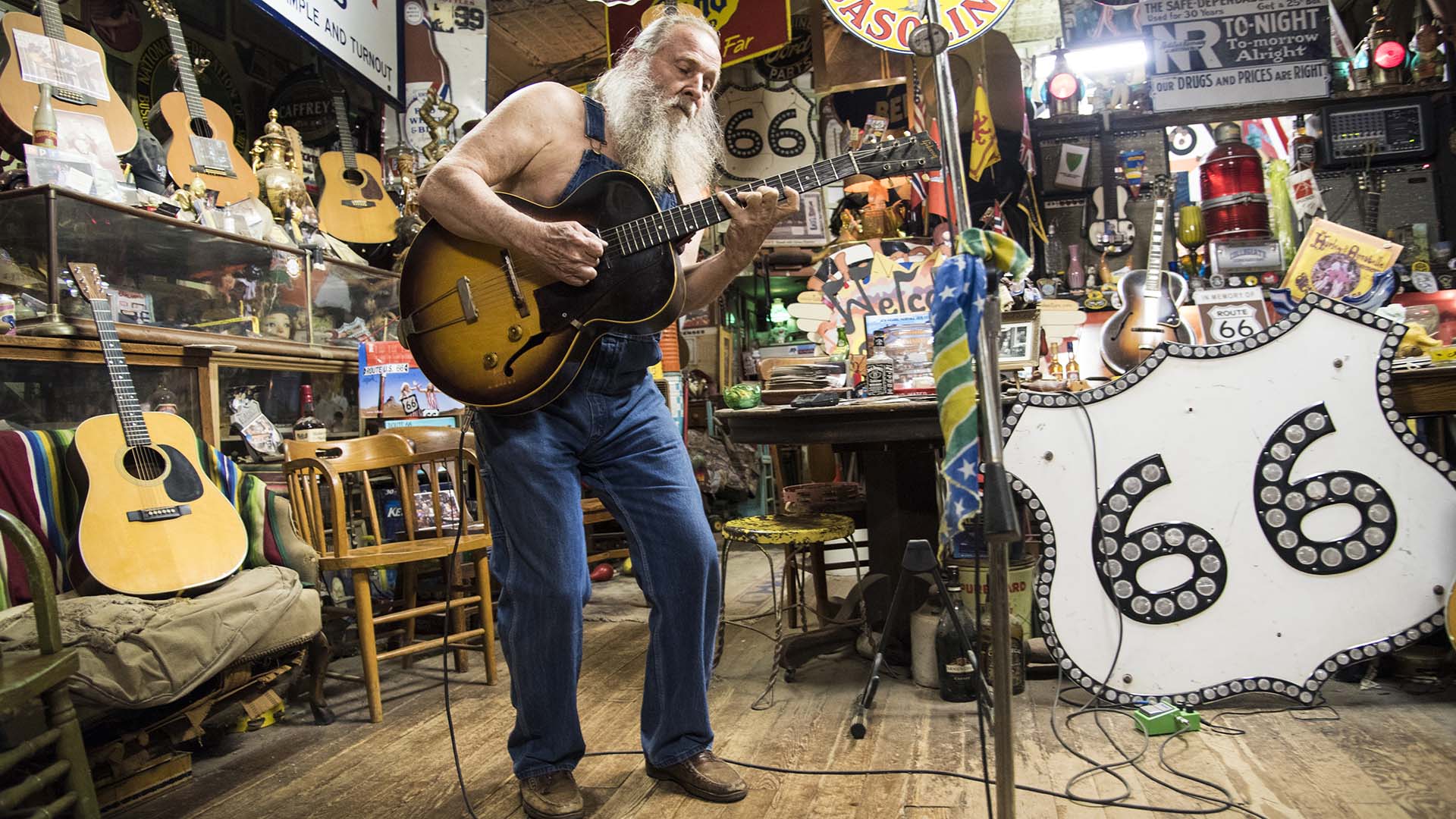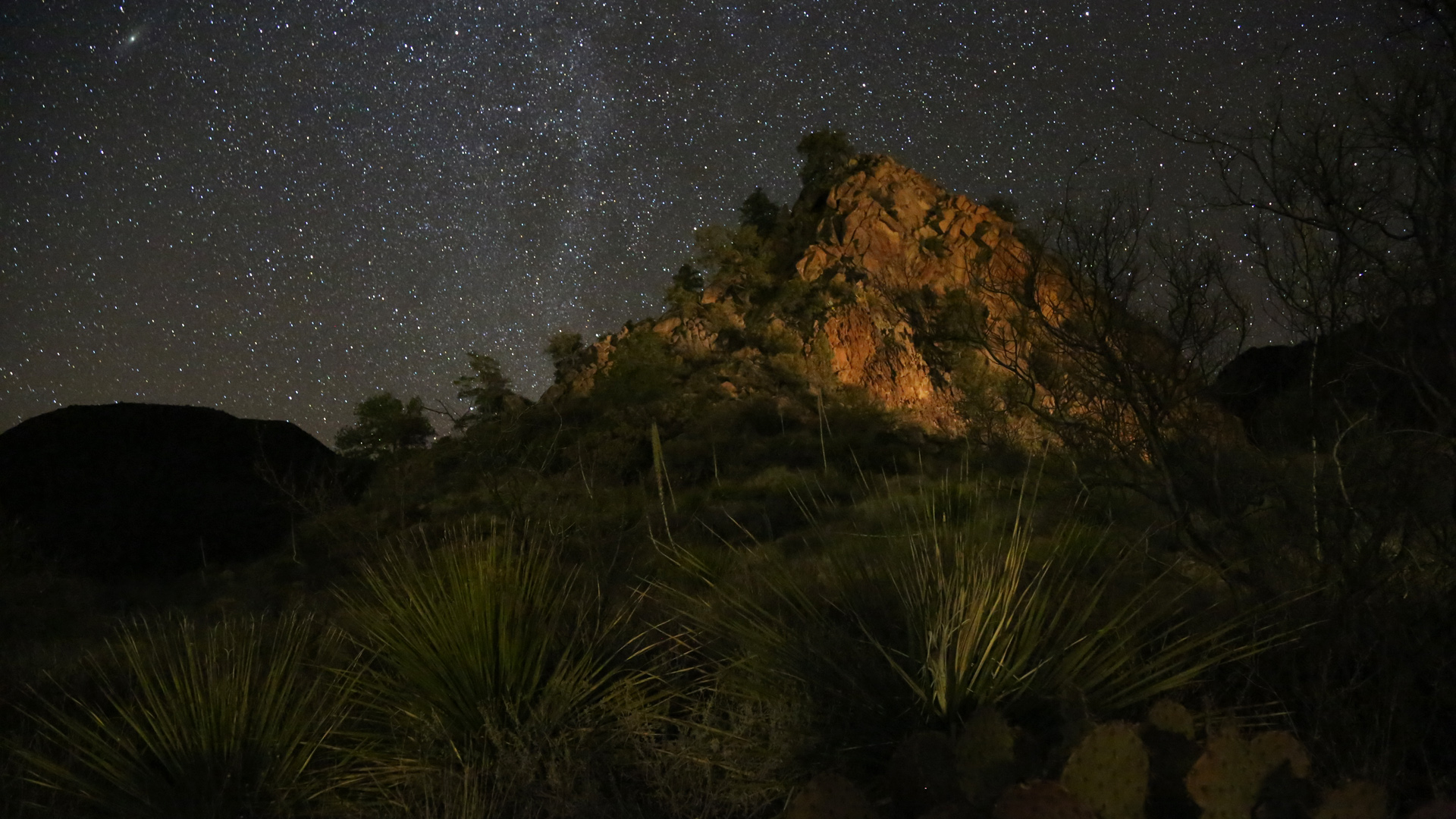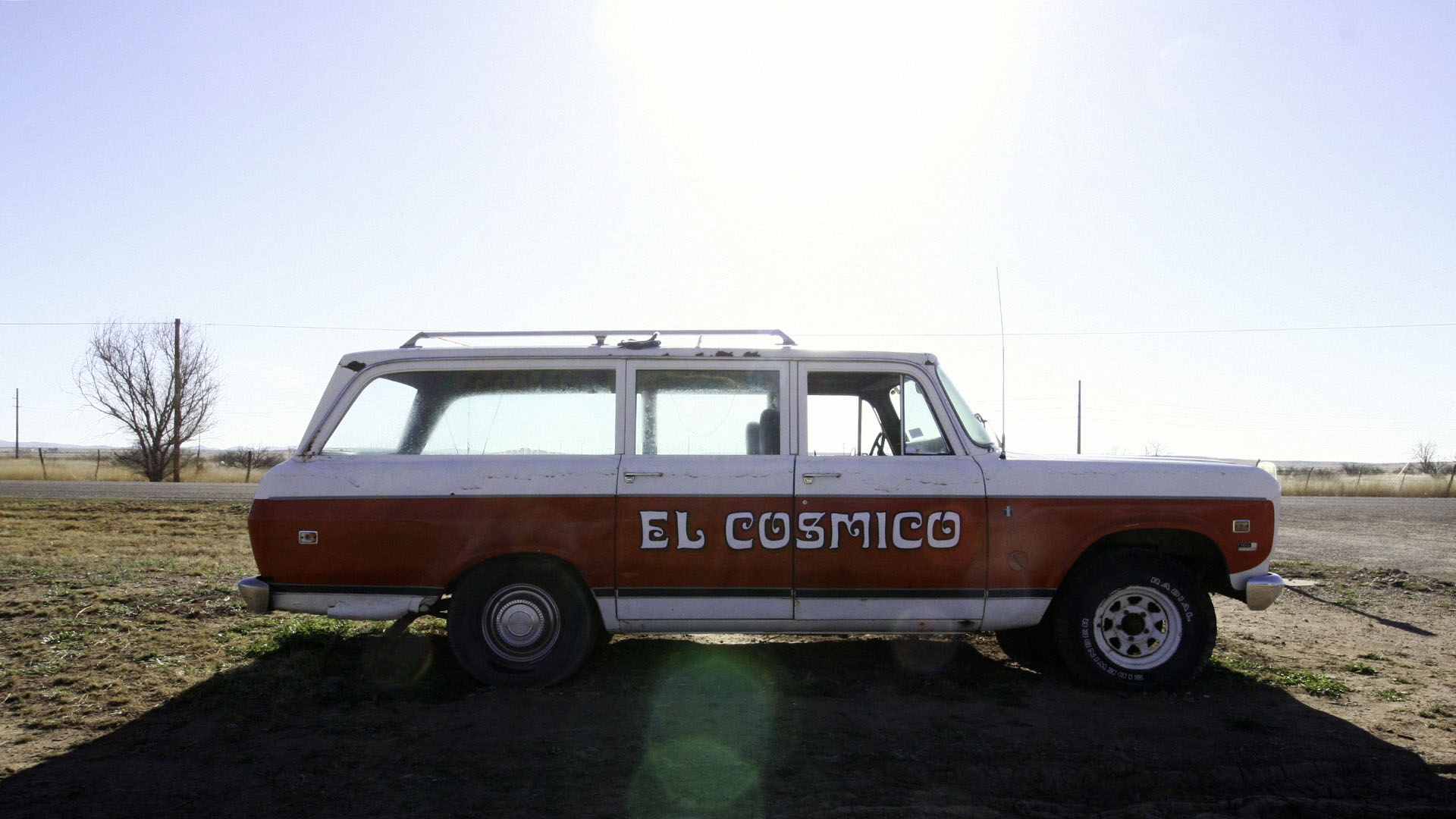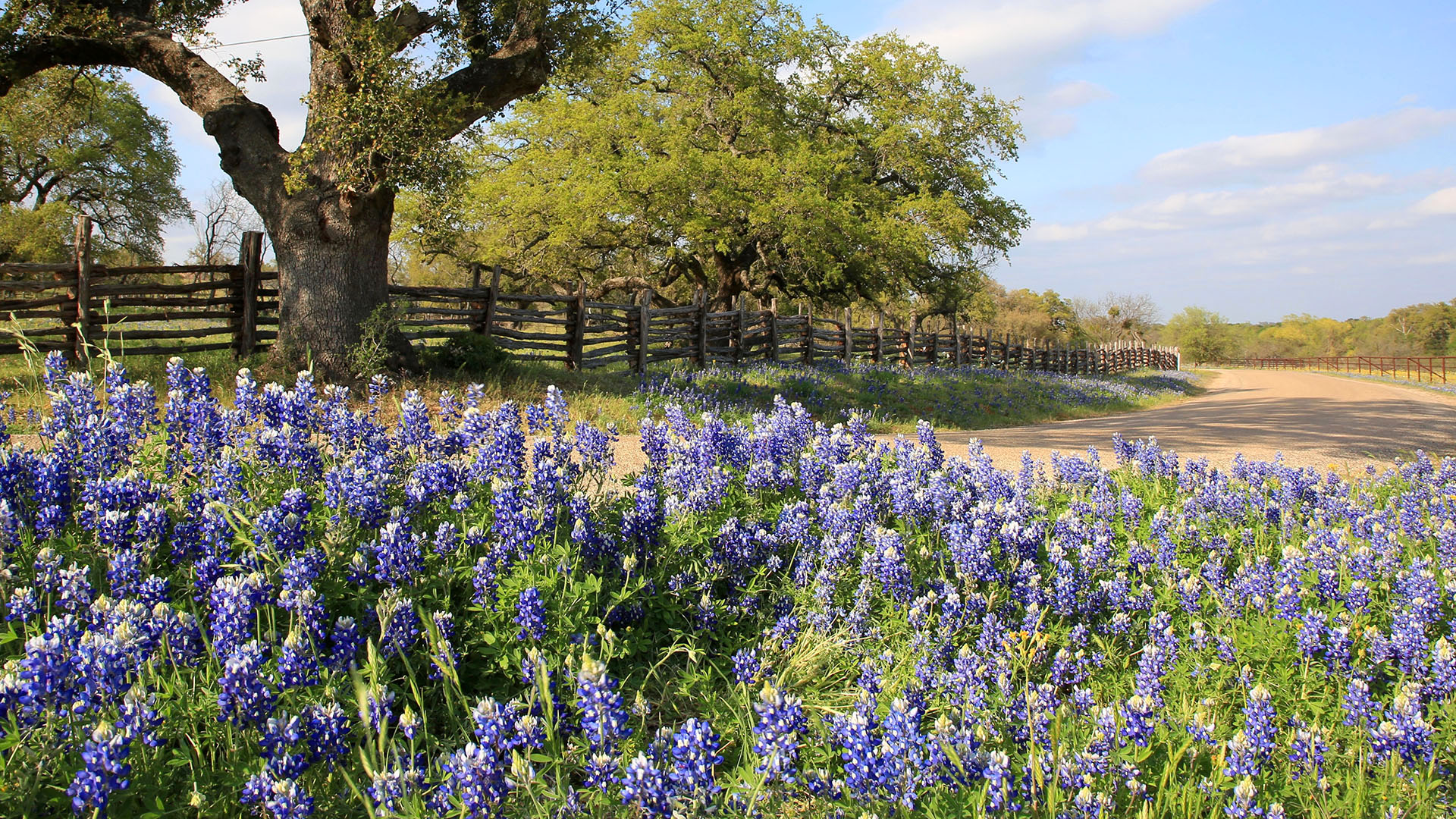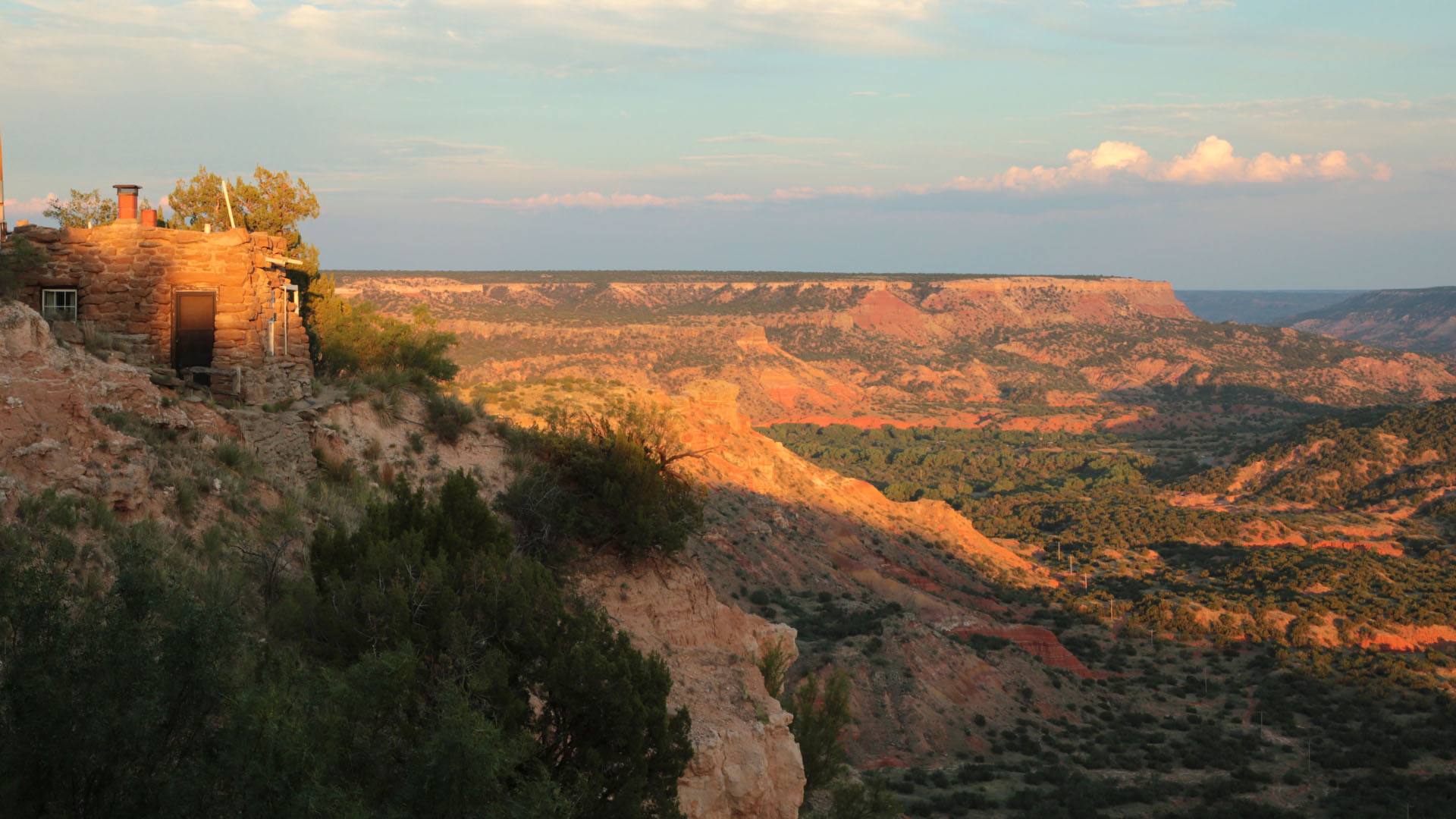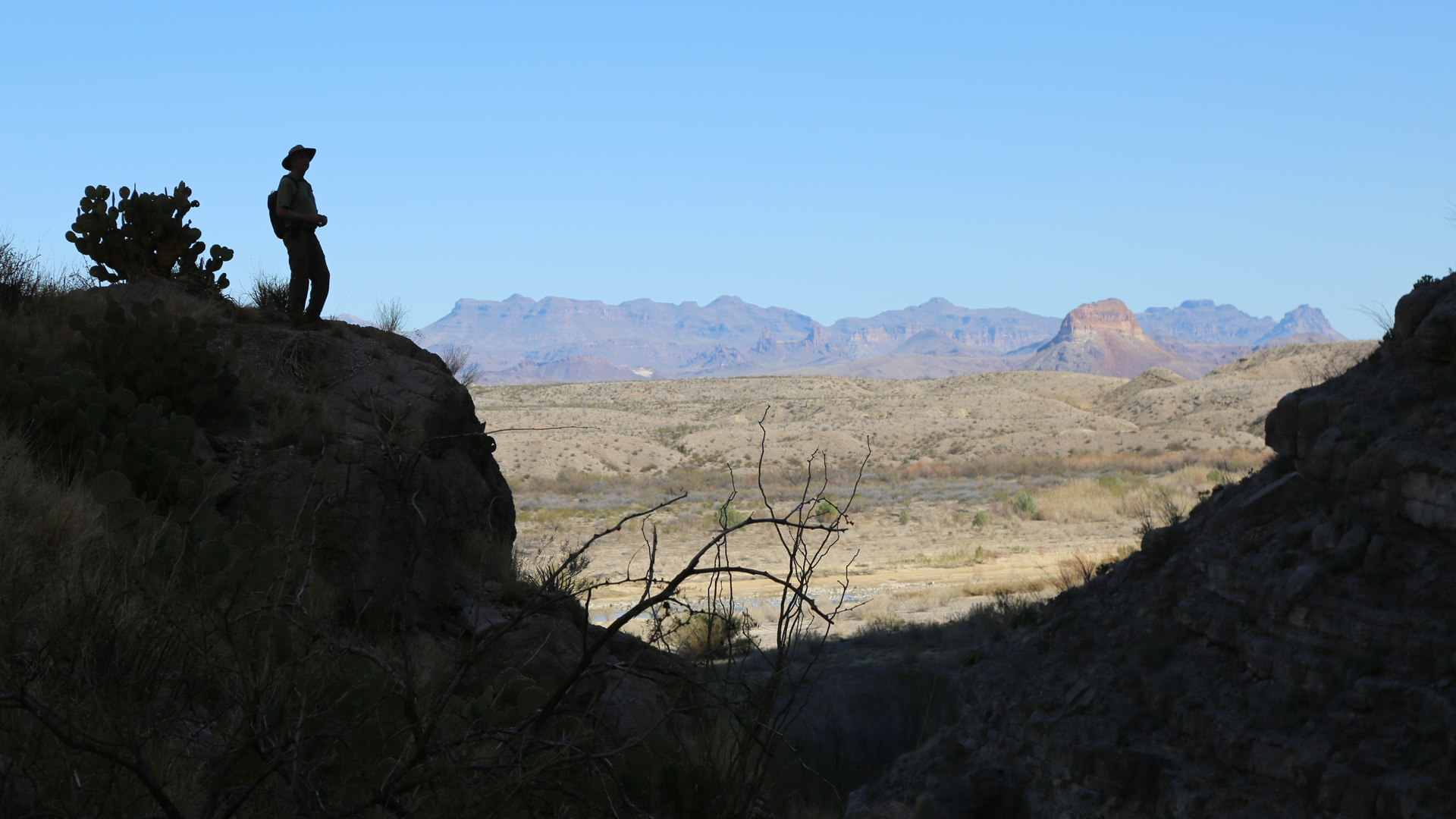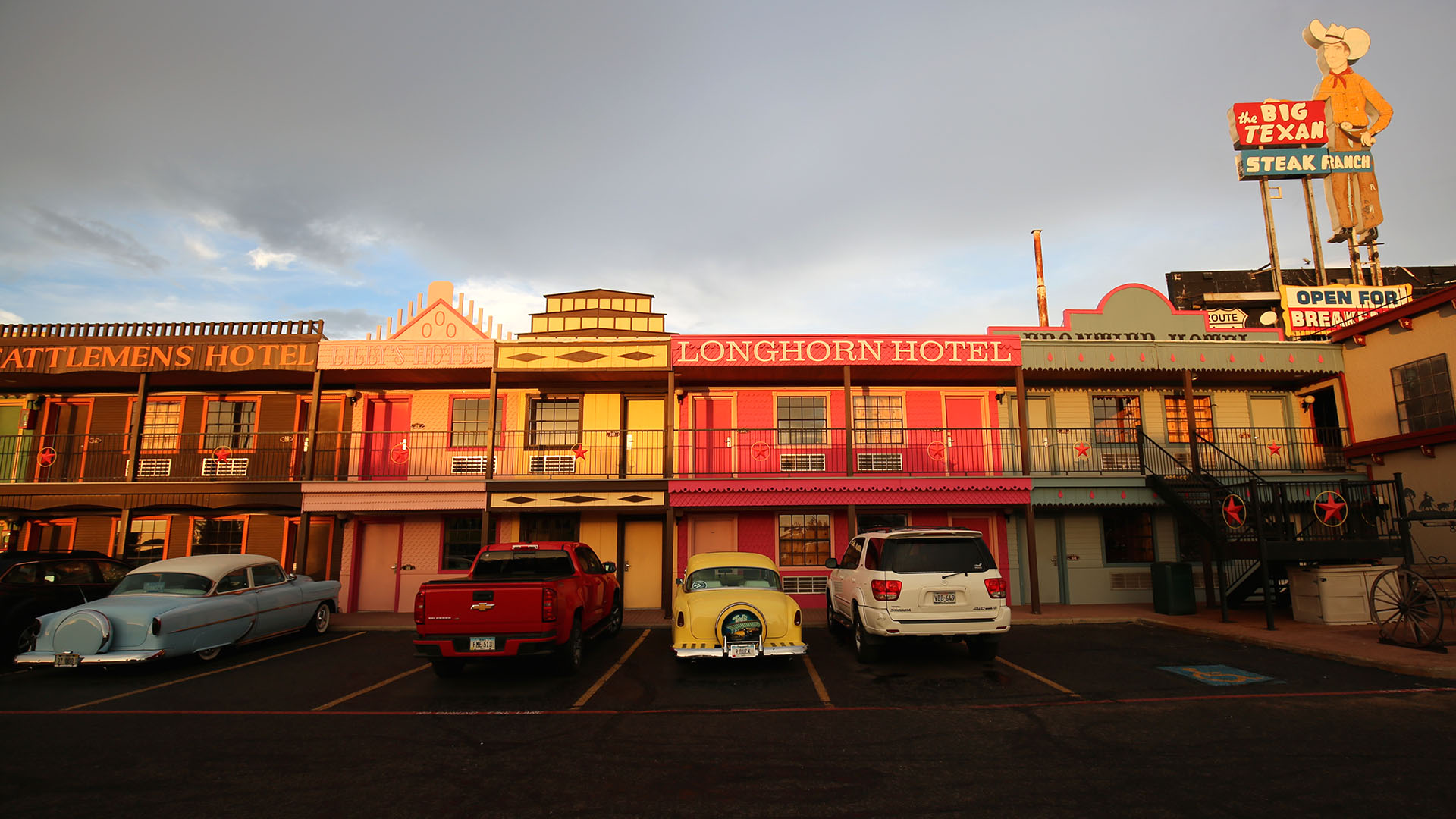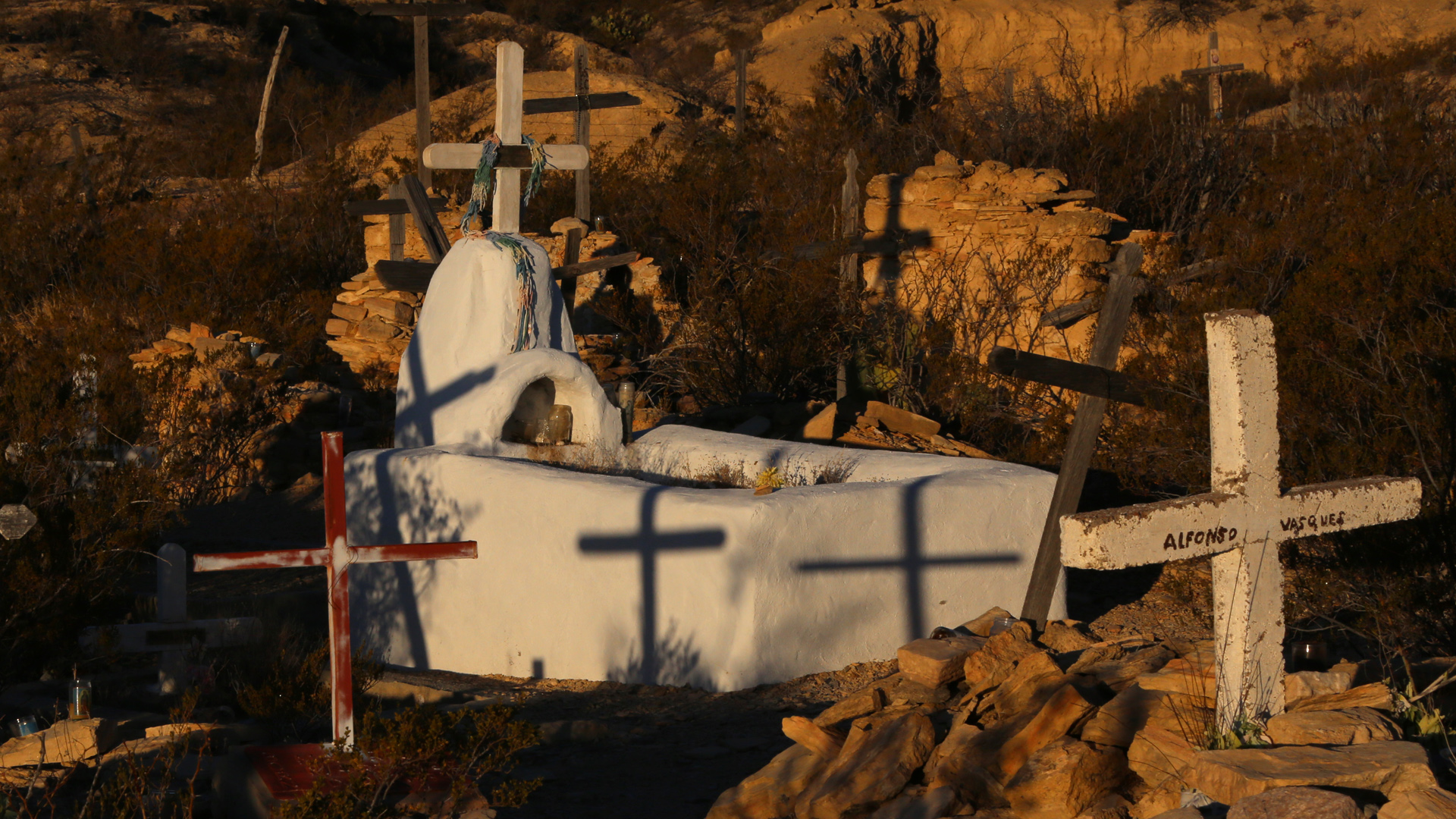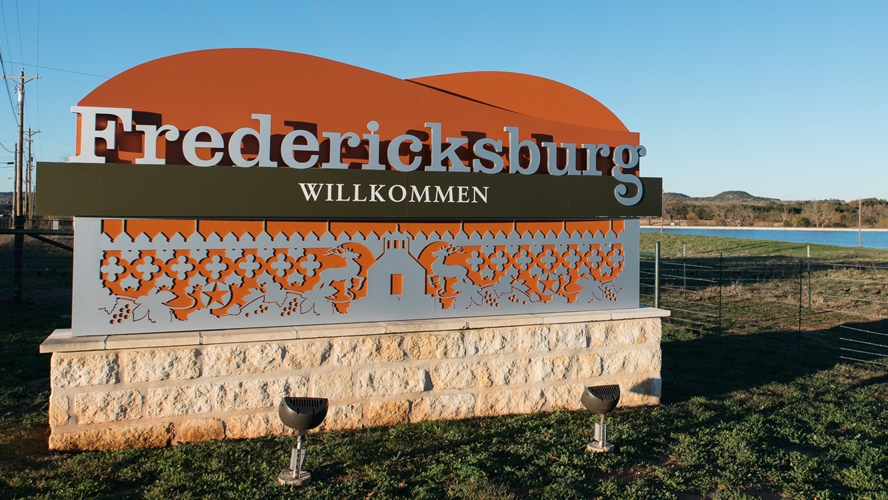Stargazing in Texas: McDonald Observatory and Beyond

The Milky Way is visible in the dark Texas sky.
Story and photos by Charles Williams
Charles is the editor for Pursuits with Enterprise. Email the author.
West Texas’ dry climate and sparse population create ideal conditions.
The stars really do shine brighter in Texas.
Known affectionately as the Lone Star State, the nighttime sky in West Texas multiplies that number by thousands. So much so that the Texas Parks and Wildlife Department now promotes a unique form of tourism — stargazing.
In collaboration with observatories and the International Dark Sky Association, the department hopes to promote and preserve night skies by hosting star parties, self-guided constellation tours and light pollution education programs.

The McDonald Observatory

The McDonald Observatory during a Star Party
The McDonald Observatory, established in 1932 and located in Fort Davis, is one of the best places in Texas to view stars. Located on Mount Locke with additional facilities on Mount Fowlkes, it’s a mecca for stargazing enthusiasts, drawing about 75,000 a year. The research facility also has one of the world’s largest telescopes — the Hobby-Eberly.
To fully appreciate the enormity of the research telescopes, take a daytime tour, which allows visitors to see the big telescopes up close, including the Harlan J. Smith telescope, built in 1968 and weighing 160 tons, and Hobby-Eberly, built in 1996 and weighing 80 tons.

The Harlan J. Smith Telescope at the McDonald Observatory
Before taking the head winemaking job in 2009 at Blomidon Estate Winery, Halifax-born Simon Rafuse worked in vineyards in France and New Zealand. He holds a master’s degree in viticulture and oenology from France’s Montpellier SupAgro university and was drawn here by the opportunity to make incredible wines in a semi-undiscovered area. “Within a few years, we’ve gone from a mom-and-pop cottage wine industry to participating in wine shows all over the world,” Rafuse says, adding some days they struggle to keep up with demand. “We’re sought-after for restaurant lists, and there’s a genuine buzz. It really has exploded.”

Vineyards

A tree is silhouetted against the nighttime sky in Big Bend National Park.
Minimizing Light Pollution
Stargazing in West Texas is serious business for scientists, astronomers and amateur enthusiasts. But that business is threatened.
With the recent expansion of oil and gas exploration, the dark skies northeast of the observatory have brightened. Efforts to minimize light pollution are important to scientists, and many adjacent communities now use light fixtures that point downward, ensuring darker skies.
The McDonald Observatory is working with exploration companies to demonstrate that better shielding, placement and aiming of lights on oil rigs can prevent light pollution and improve working conditions.

Star Party at the McDonald Observatory

Davis Mountains State Park
Within the last decade, there has been an increasing backlash against the digital-age notion that faster is better. This Slow Movement culture has affected many facets of life — food, aging and, of course, travel. Devotees move at whatever speed is necessary to build relationships with people and places.
Siebers agrees with the philosophy. “Zion's unique geology draws many people here, but in a way, Zion is like many of our natural places. They give you the ability to get away from the hustle and bustle of daily life, slow down for a bit, and really have the time to experience and appreciate your surroundings,” she said.
Stargazing in Texas
Related
Read more stories about Texas.
- Weekend Getaway to Yoga Retreats of the Northeast
- Yucatan Peninsula Beaches
- Judging Barbecue in Washington D.C.
- Nostalgic Route 66 Road Trip: Albuquerque to St. Louis
- Stargazing in Texas: McDonald Observatory and Beyond
- Road Trip to Marfa, Texas
- Road Trip to See Texas Bluebonnets
- Weekend Getaway to Palo Duro Canyon, Texas
- Road Trip to Big Bend National Park, Texas
- Weekend Getaway to see Amarillo, Texas, Attractions
- Road Trip to Terlingua, Texas
- Texas Trips
- Road Trip from Austin to Fredericksburg, Texas








